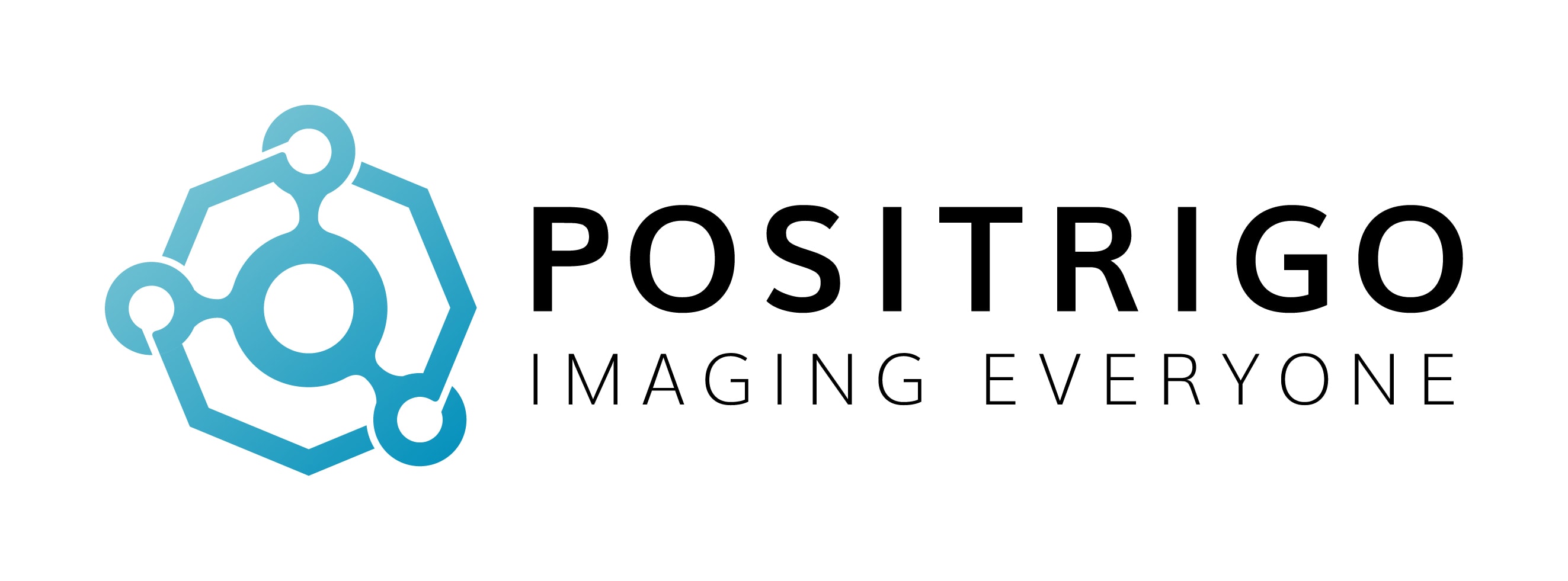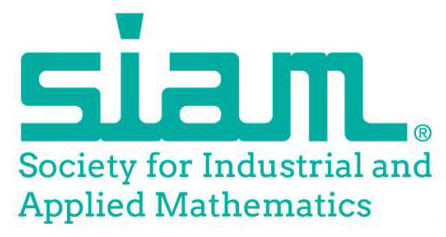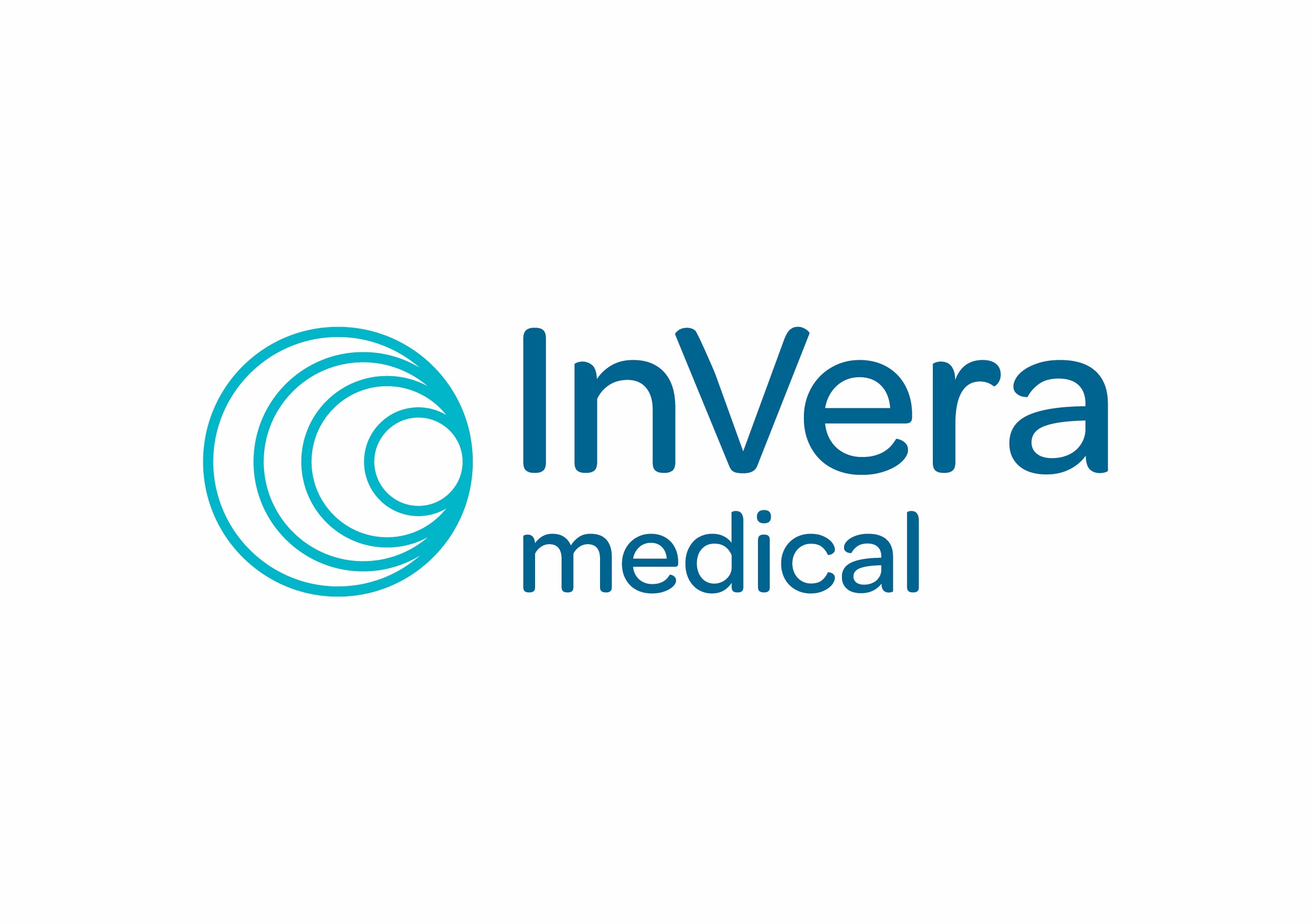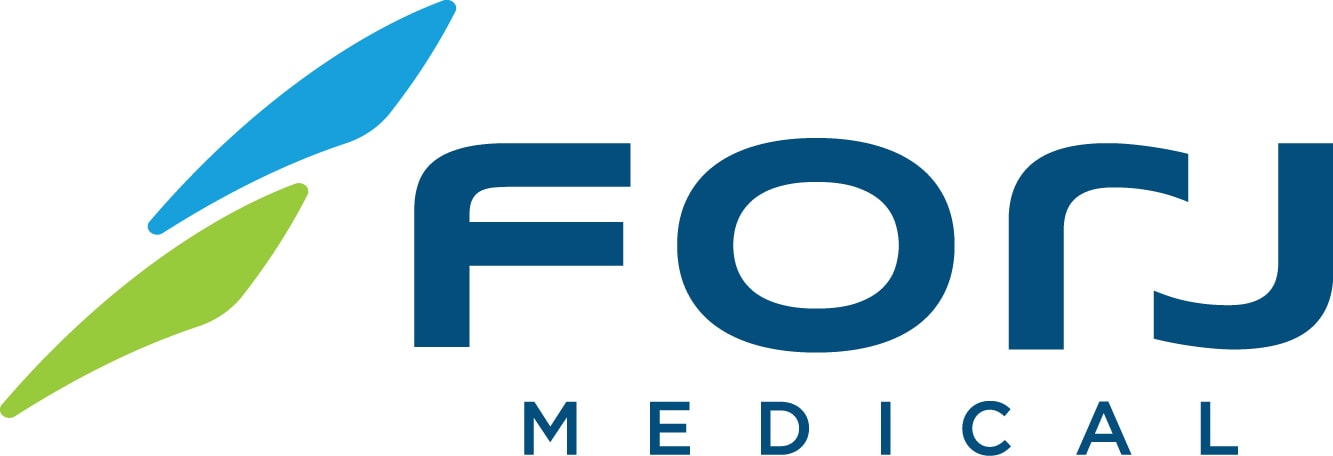The Senate this weekend passed a massive coronavirus relief bill that now heads back to the U.S. House of Representatives for approval of changes to the original version.
The nearly $2 trillion bill includes some money for struggling rural hospitals, billions for COVID-19 testing and contact tracing as well as extra subsidies to help people buy health coverage through the Affordable Care Act plans.
President Joe Biden said on Twitter he hopes the bill, called the American Rescue Plan, "receives a quick passage in the House so it can be sent to my desk to be signed."
The American Hospital Association said in a statement it was pleased the legislation included many provisions to help hospitals but was disappointed the bill did not include general additions to the provider relief fund created by the Coronavirus Aid, Relief, and Economic Security Act.
The group had been asking for an extra $35 billion to go into the fund. However, the Senate added to the bill $8.5 billion in assistance for rural hospitals, which have been the hardest hit during the COVID-19 crisis.
Suspending elective procedures cost U.S. hospitals $20 billion, according to the Annals of Surgery, and existing trends for hospitals in more rural areas put them at greater risk as a result of those losses, researchers said.
AHA also criticized the bill for not giving providers loan forgiveness for the Medicare advance payments in the CARES Act and for not extending relief from Medicare sequester cuts. Those were across the board reductions in provider reimbursement from the 2011 Budget Control Act that Congress paused to help hospitals and medical groups stay afloat during the COVID-19 crisis. They are currently set to return at the end of this month.
"America's hospitals and health systems, and our heroic caregivers, have been on the front-lines leading the fight against the COVID-19 pandemic for over a year," AHA said in its statement. "Along the way we have worked to save the lives of our patients, provided compassionate care to all who come through our doors and are now focused day and night on getting vaccines into our communities."
The bill does include $14 billion toward vaccine distribution.
The legislation sets aside $47.8 billion to boost COVID-19 testing and contact tracing efforts, including supporting the development, manufacturing and administering of tests. The bill also outlines strategies at the state and local level to help expand testing and reporting, such as community-based testing sites and mobile health units for underserved areas.
The changes to ACA plans mostly focused on making it easier for people to obtain and pay for coverage. Instead of paying 10% of their income toward coverage, enrollees would pay 8.5%. Also, the current income cap to be eligible for subsidies is increased, broadening who is eligible for financial help to gain coverage.
Some with lower incomes and those collecting unemployment would have their premiums completely covered.
Also, people who remain on their employer plans through COBRA would have their premiums 100% covered. This is an increase from the House version of the bill, which paid for 85% of those premiums.
The bill also includes an extra incentive for states that have yet to expand Medicaid eligibility. It would increase the federal matching funds by five percentage points for two years.
Medicaid expansion can be a boon to hospitals by reducing uncompensated care costs and increasing Medicaid revenue and would be key to helping facilities financially recover from the pandemic, a Health Affairs study found.















